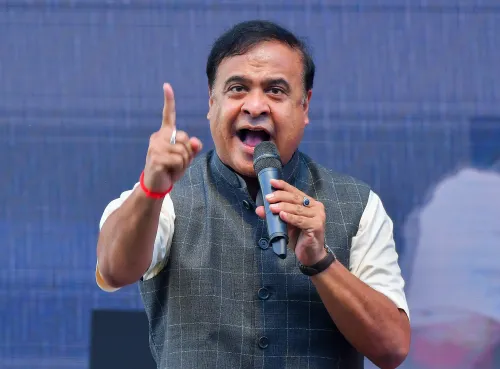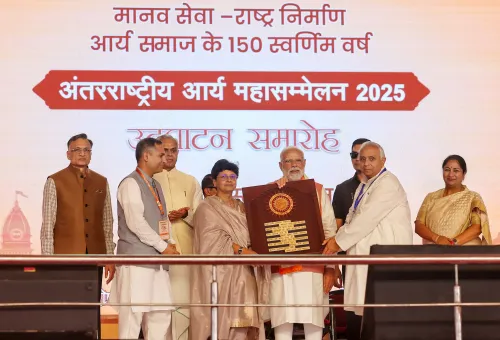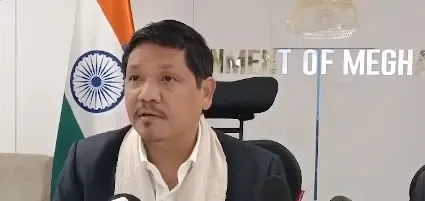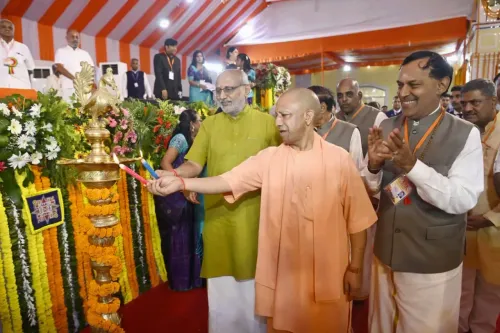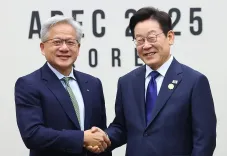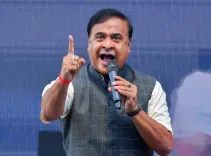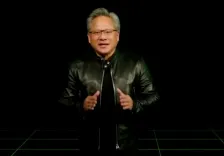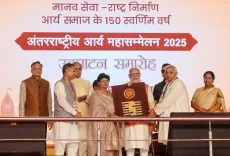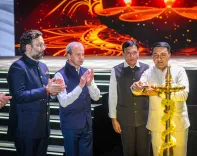Delhi High Court Refuses to Stay Directive for Revising CLAT-2025 Results
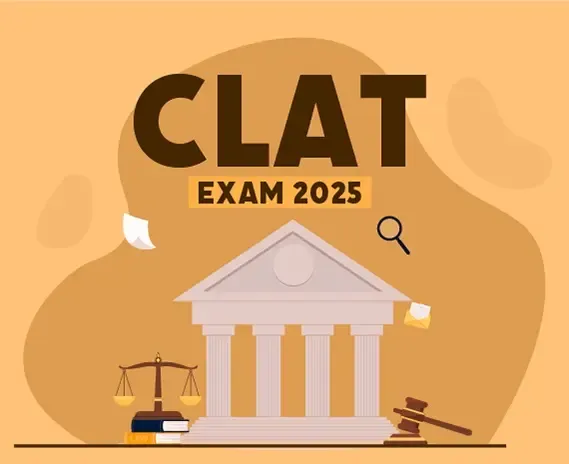
New Delhi, Dec 24 (NationPress) The Delhi High Court on Tuesday declined to issue any interim order halting its single-judge bench's directive mandating the Consortium of National Law Universities to amend the results of the CLAT (Common Law Admission Test)-2025 examination.
A division bench comprising Acting Chief Justice (ACJ) Vibhu Bakhru and Justice Tushar Rao Gedela stated that an interim order against the single-judge bench’s directive was unnecessary at this point.
Scheduling the matter for further review on January 7 next year, the bench instructed the examination authority to align the results with the previous order from the single-judge bench.
In a decision rendered on December 20, which called for a revision of the CLAT-2025 results, a bench led by Justice Jyoti Singh noted that the mistakes in Question Nos 14 and 100 were "demonstrably clear" and ignoring them would be an injustice to the petitioner.
The bench also ruled that since option ‘C’ for Question 14 had been determined as the correct answer, all candidates who selected option ‘C’ will benefit, stating additionally that Question No.100 should be excluded as per the recommendations from the expert committee.
It was emphasized that Question No. 100 should be disregarded because the question setter failed to provide the correct answer as an option.
The petitioner, Aditya Singh, a minor, contested the answer key released for CLAT-2025 for admissions to five-year law programs offered by the National Law Universities (NLUs) for the academic session 2025-26.
With a score of 87 marks, the petitioner argued that he could secure admission to one of the NLUs with his current ranking but desired to improve his rank to gain entry into the top three NLUs in the country.
The petitioner asserted he could achieve a higher score of 93.25, which would enhance his current rank if the alleged mistakes were rectified.
Conversely, the Consortium of NLUs requested the court not to intervene in the examination process, claiming a solid internal review system was in place and the final results were published with utmost diligence and based on the recommendations of two expert committees composed of distinguished specialists.
In its ruling, the single-judge bench acknowledged that courts are not absolutely barred from reviewing challenges to an examination's answer key, even when expert opinions are available.
"Certainly, courts should exercise caution when intervening in academic matters, including examinations. The law does not advocate a complete 'hands-off' approach, and in exceptional cases where errors are clearly identified, any resulting injustice to a candidate must be rectified," it stated.
Partially upholding the petitioner’s request, the single-judge Bench of the Delhi HC instructed the Consortium of National Law Universities to award marks for Question No.14 according to the marking scheme and confirmed the decision to exclude Question No. 100.

